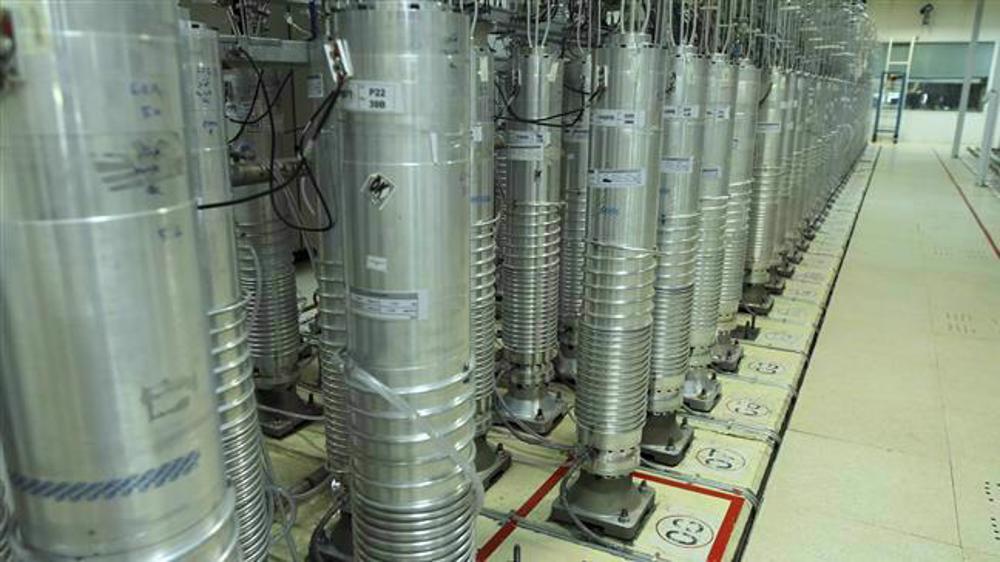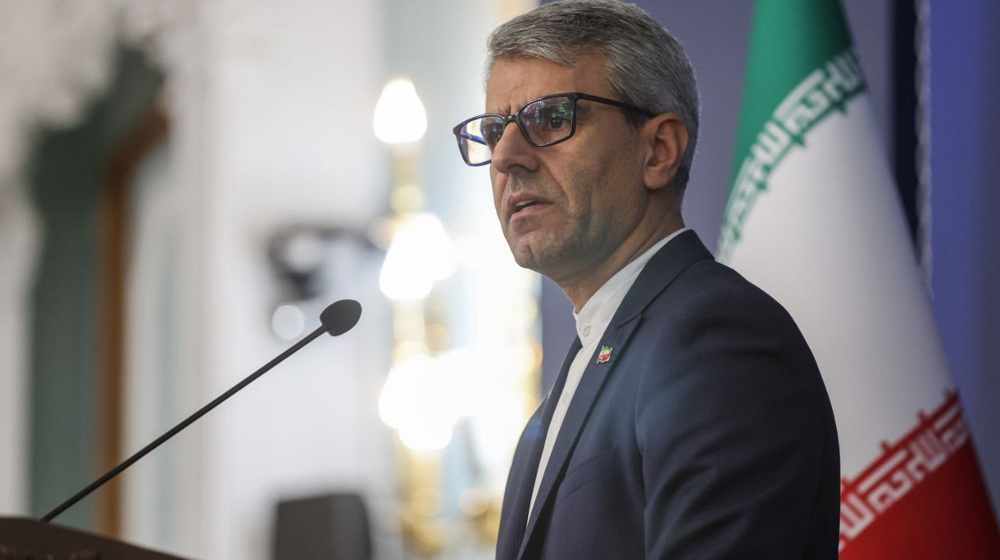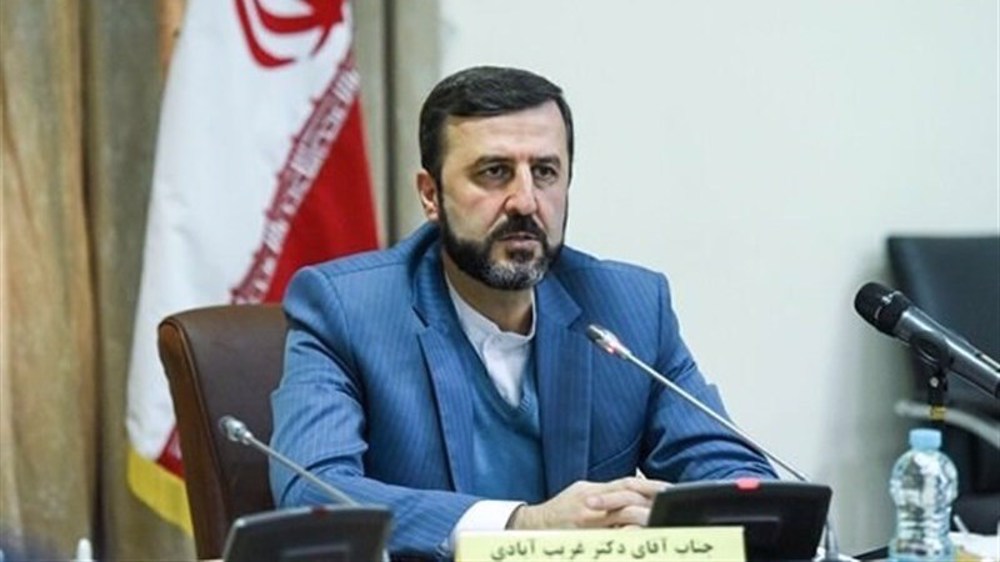Iran’s nuclear activities fully in line with JCPOA, NPT: FM spox
The Iranian Foreign Ministry says the country’s nuclear activities are fully in line with its commitments under the Non-Proliferation Treaty (NPT) and the 2015 nuclear deal, officially known as the Joint Comprehensive Plan of Action (JCPOA).
Saeid Khatibzadeh, Foreign Ministry spokesman, said on Tuesday that the International Atomic Energy Agency (IAEA) has been supervising Iran’s nuclear sites and that Iran’s reduction of its nuclear curbs has been done according to mechanisms within the JCPOA.
Khatibzadeh said Iran's scaleback measures have been taken within the framework of the JCPOA and in response to the widespread violation of the landmark deal and Resolution 2231 by the United States in addition to the lack of full compliance of other parties to the accord, especially the three European countries.
Reaffirming the civilian and peaceful nature of the Islamic Republic’s nuclear program, the Iranian Foreign Ministry spokesman said Tehran will fully reverse its remedial measures if all the signatories honor their commitments and the US verifiably removes all its sanctions.
The remarks were made after the IAEA said in a report on Monday that Iran has made progress in its work on enriched uranium metal, with Tehran saying the process is aimed at producing a reactor fuel plate.
Iran's representative to the international organizations in Vienna said in July that the Islamic Republic would soon produce enriched uranium metal and that the country had earlier informed the United Nations nuclear watchdog of the move.
The JCPOA was reached between Iran and six world powers, including the United States, Britain, France, Germany, Russia and China in 2015. However, the deal was ditched by former US President Donald Trump in 2018 in spite of Iran’s full compliance with its contractual obligations.
Washington then began to put enormous pressure on Iran through sanctions, in what it called a “maximum pressure” policy, in order to force Tehran to negotiate a “better deal," prompting Tehran to take remedial measures by gradually reducing its nuclear commitments under the deal.
Since April, representatives from Iran and the remaining signatories to the JCPOA have been holding face-to-face talks in the Austrian capital aimed at bringing the US back to compliance and putting the deal back on track.
So far, six rounds of negotiations have been held in the Austrian capital, as a result of which, according to participants, “significant progress” has been made in the course of the “constructive” and “businesslike” talks.
However, disagreements have persisted over a number of issues, including how to sequence the US sanctions removal, with Tehran arguing that since Washington was the party that violated the terms of the agreement, it should take the first step back into compliance with the deal by removing its unilateral sanctions.
The date for the resumption of talks in Vienna on a potential revival of the 2015 nuclear deal, which was suspended amid a power transition in the Islamic Republic following the June presidential election, has yet to be specified.
VIDEO | Press TV's news headlines
VIDEO | 'War on Iran is only just beginning' ft. Laith Marouf
VIDEO | Gaza’s economy collapses due to Israeli war
VIDEO | Israel rejects US-approved Gaza technocratic committee
‘Narcissistic psychopath’: Netizens mock Trump over letter to Norway PM on Nobel Prize
Israeli forces demolish UNRWA buildings in occupied East al-Quds
Trump lashes out at allies over Greenland, shares private texts online
Iran’s Armed Forces will cut off any 'hand of aggression' against Leader: Spokesman












 This makes it easy to access the Press TV website
This makes it easy to access the Press TV website